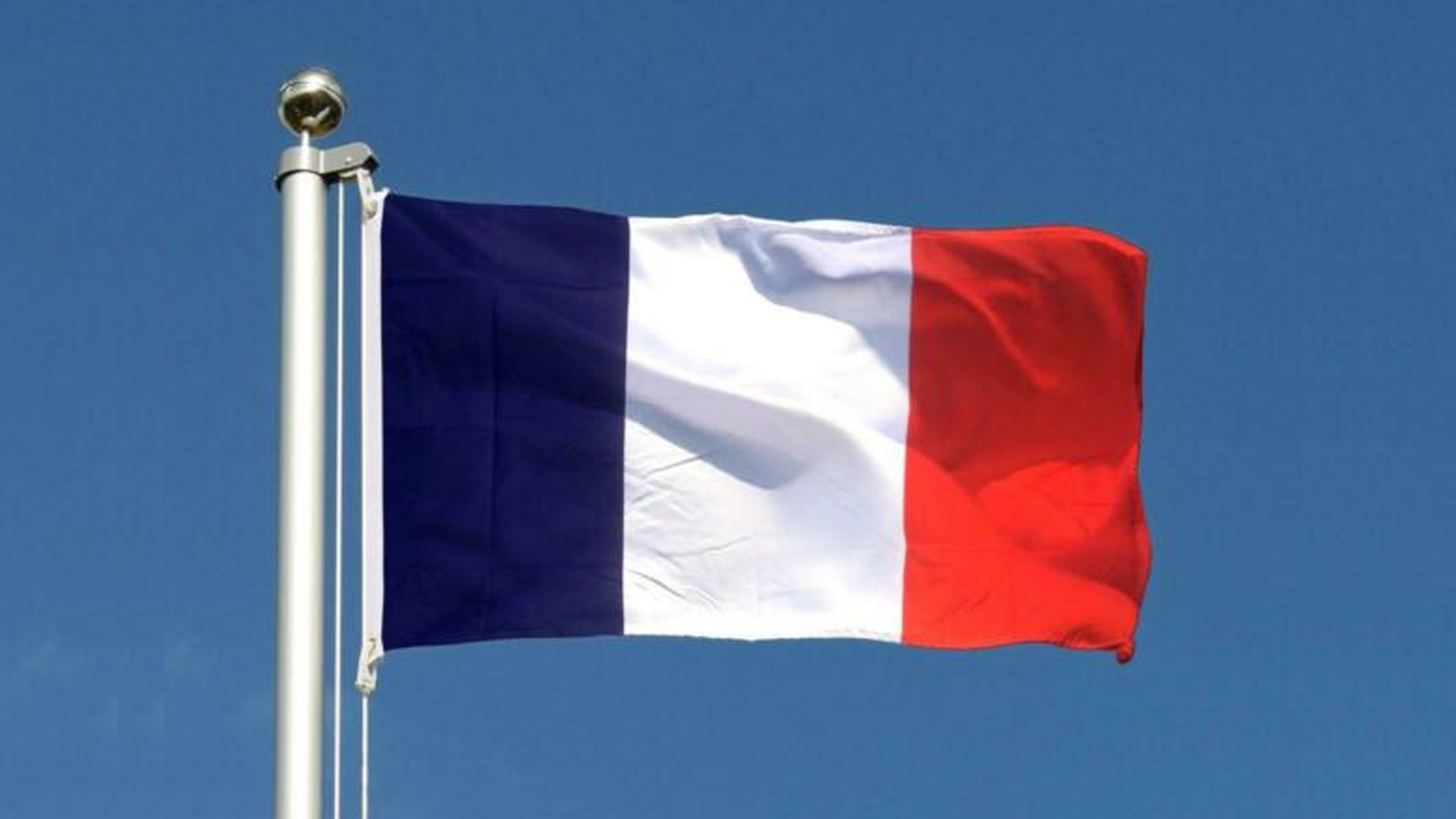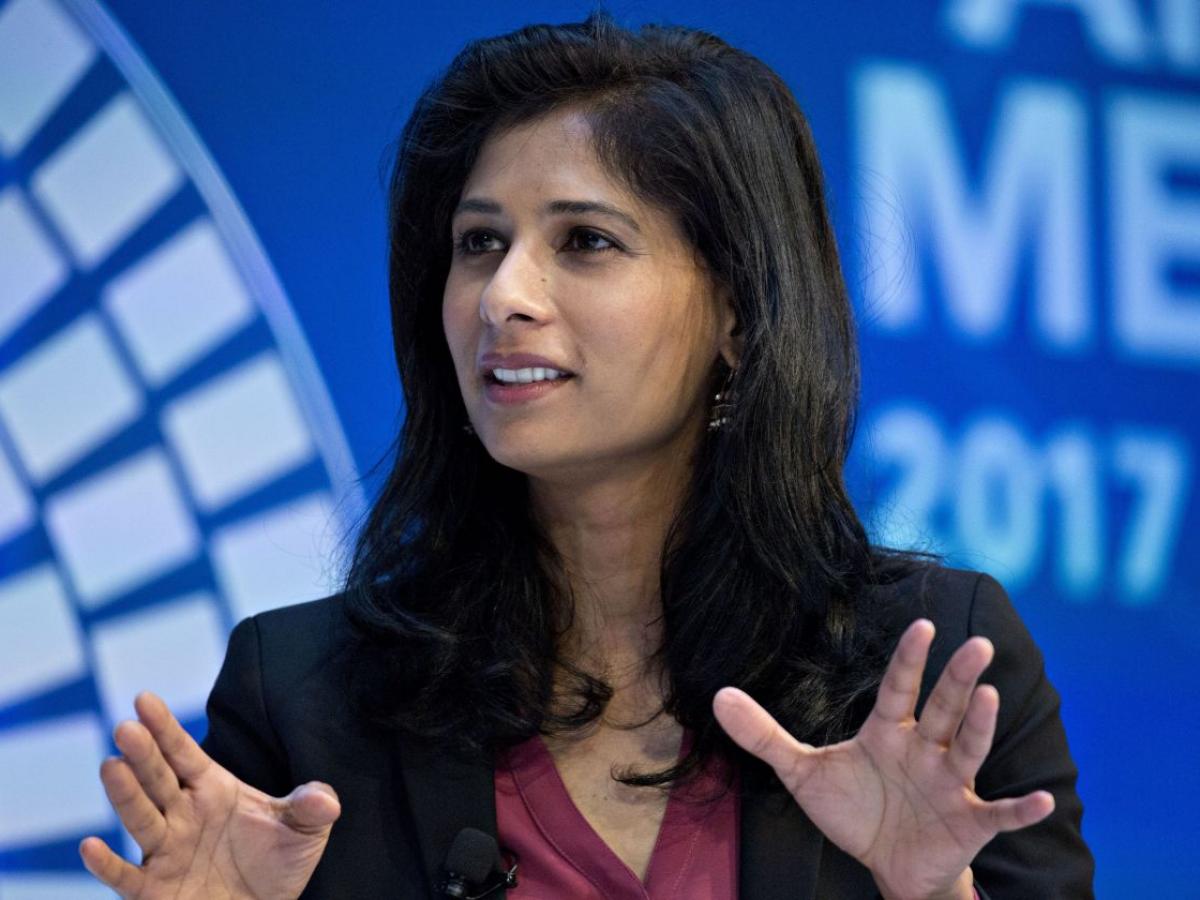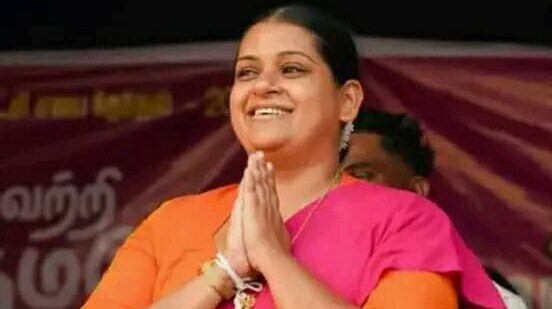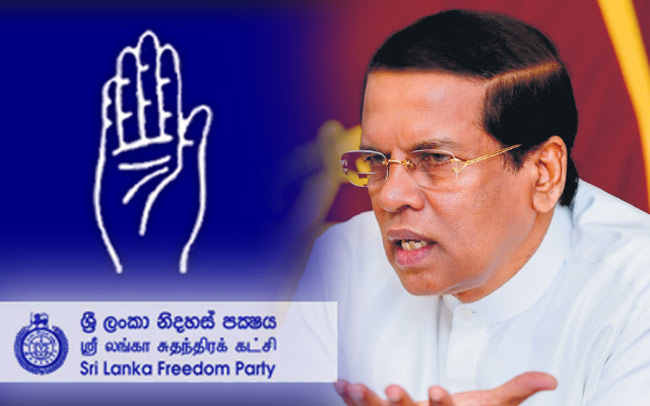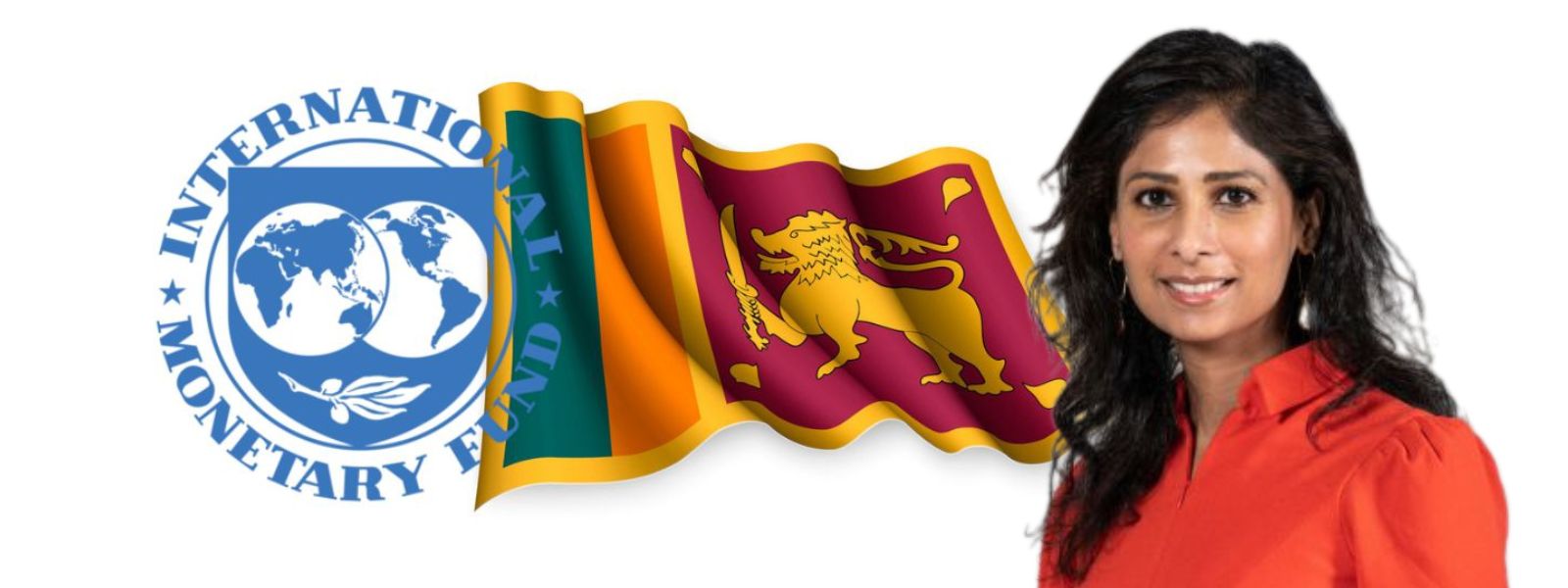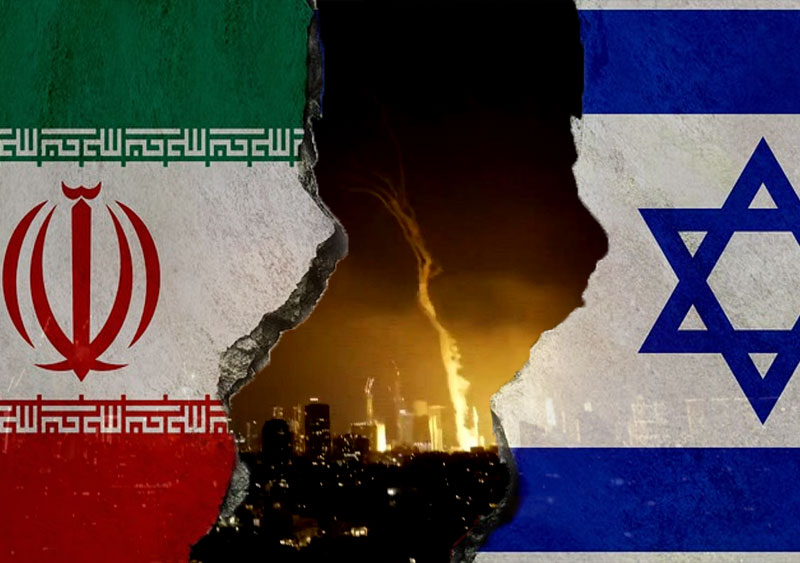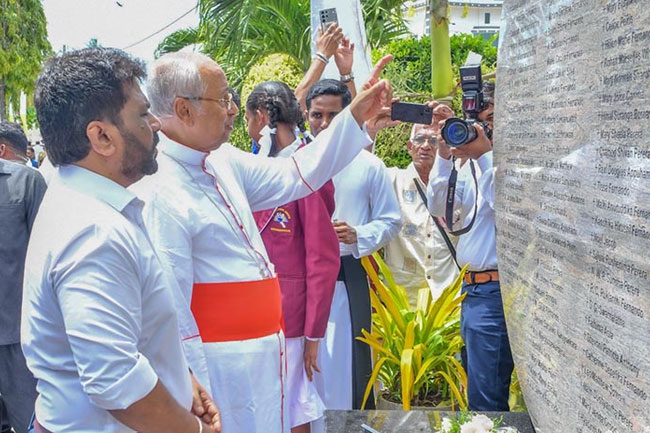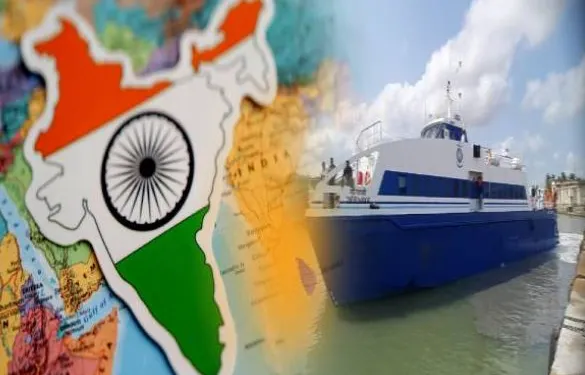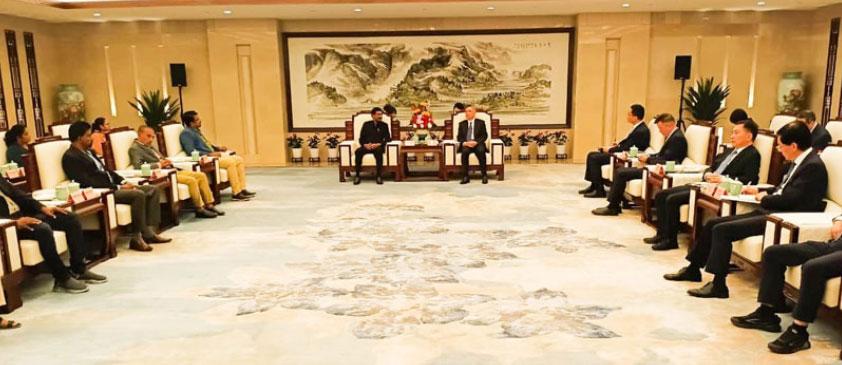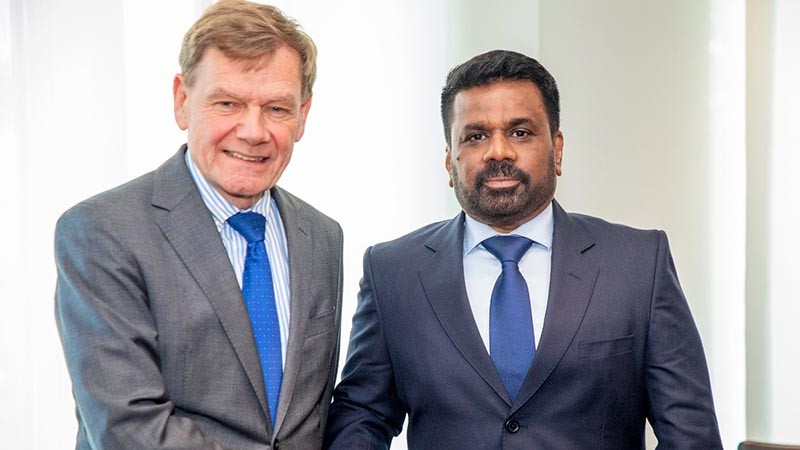While the focus was on President Anura Kumara Dissanayake’s visit to Germany, the Janatha Vimukthi Perauma (JVP) General Secretary, Tilvin Silva, was visiting China to deepen relations between the JVP and the Communist Party of China (CPC).
Undertaken on an invitation by the CPC, the visit saw the powerful JVP General Secretary meeting with Zhejiang Province Governor Liu Jie, Deputy Governor Lu Shen, the CPC’s International Department’s South Asian Region Director General Pan Xiu Bin, and other key representatives of the Communist Party of China.
The Sri Lankan delegation comprised Deputy Ministers Eranga Gunasekara and Muneer Mulafer, MPs M. Jegadeeswaran, Deepti Wasalathilake and Dharmapriya Wijesinghe, as well as JVP party members.
The JVP links with China go back to the days of its founder, Rohana Wijeweera, whose favour for the Chinese brand of communism over the Russian style cost him his medical degree he was pursuing at the Lumumba University in Moscow in the early 1960s. Wijeweera had enrolled at the Peoples’ Friendship University, better known as Lumumba University, in 1960 to study medicine in the heady days of communism. He returned to the country on a holiday in 1962, got caught up in the Sino-Soviet ideological dispute raging at the time and decided that the Chinese form of communism was more in line with the teachings of Marx and Lenin.
He returned to Moscow for his academic studies shortly afterward but came back to the country in March 1964 and became closely connected with the Peking (Beijing) Wing of the Communist Party of Sri Lanka, becoming the General Secretary of its youth league and a vocal advocate of the party. When he applied for a visa to return to Russia in August of that year, his visa was rejected, thus ending his medical career midway.
After the 1971 insurrection, the then United Front government led by Sirimavo Bandaranaike suspected a Chinese hand in the events that year and closed down the pro-China North Korean embassy in Colombo.
N. Sanmugathasan, a founding leader (general secretary) of the Ceylon Communist Party (CCP) and leader of the CCP (Maoist), a strong critic of Wijeweera, wrote in his memoirs ‘Political Memories of an Unrepentant Communist’ that the JVP insurrection led to a crackdown by the government on Chinese interests in the country, with the Chinese news agency office as well as the Bandaranaike Memorial site, where Chinese engineers and workers were on a project, being raided and hundreds of books of Mao Zedong and his pictures confiscated. In one instance, a bonfire was made of all Chinese literature.
However, before relations between the two countries could run into serious jeopardy, Chinese Prime Minister Zhou Enlai wrote to Mrs Bandaranaike, assuring her that the Chinese Government treasured the friendship between our two countries and its right to defend its sovereignty. The offer of an interest-free long-term Rs. Rs.150 million in convertible foreign exchange by China no doubt helped to prevent any diplomatic rupture between the two nations.
Much water has flowed under the diplomatic bridge since 1971, and the visit by the JVP General Secretary at the invitation of the CPC is aimed, no doubt, at expanding Chinese influence in Sri Lanka in the manner in which the government frames its future policies. As the famous Chinese saying goes, ‘A journey of a thousand miles begins with one step.’
This is not necessarily the first step in relations between the CPC and the JVP, but the recent signing of a collection of still-secret MoUs between the Dissanayake government and the Indian government, including one on defence cooperation, must surely be cause for some concern in Beijing.


